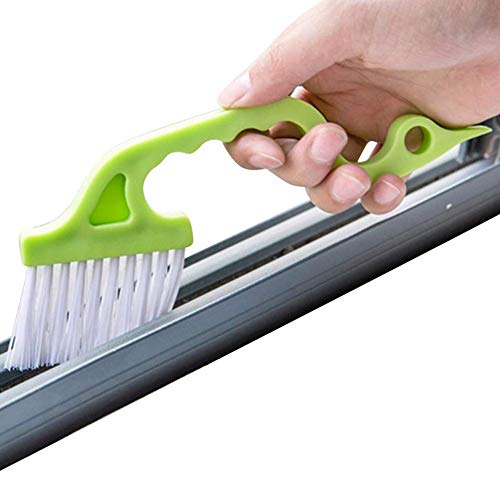Here's some truthfullness for aspiring innkeepers:
Don't expect to take regularly scheduled days off every week, all year. Not if you expect the B&B to pay your mortgage, etc. Not unless you are in a location that brings in steady, consistent guests/revenue. Most B&B's are subject to fluctuating income over the course of the year (ie busy and slow times). Be prepared to work a lot during the busy times, with fewer days off or mostly unplanned days off (as in "hey, we're empty on tuesday, let's mark it off and spend the day __").
Vacations and time off can be scheduled during the busy times, but be prepared to pay an innsitter or to lose revenue from lost bookings. That can be hard to do financially, especially in the early years.
So be sure to make the most of the time off that will come in the slow season. Depending on where you are, there could be lots of it. That, too, can be hard to manage financially, especially in the early years. But once you adjust to the rhythm of it, it can be great.
That's the reality of this business for many innkeepers. For some people, in some situations, this sucks. But for others, the idea of only having weekends and 3 weeks/year off from work sucks even more. Honestly..
Well let me correct one fallacy of your statement, HappyJacks. If you have someone who is still working in
another full-time job (which many, many innkeeper duos do) as part of your innkeeping management team who technically has 5 weeks vacation, weekends off, and sick time to boot, they might get tired of not being able to take their time off when they want to because they are working in the business too. When it's slow for their other paying job and they can take the time off and it doesn't gel with your inn's slower times, that can be a problem.
Oh, and then they have to use their well earned vacation time to take time off to do a major project on a 100 year old house.
Let's not sugar coat it any of it....owning an inn (especially an historic building or buildings) is very, very hard work and you may NOT get any real time off except for snippets here and there. And, btw lest we forget...most of us are still checking voicemail, e-mail, rez systems, etc. when we are supposedly "off". We are no better than the corporate folks.
.










![Bed & Breakfast Tracker Plus [Download]](https://m.media-amazon.com/images/I/51m1WPxMV7L._SL500_.jpg)




















![Bed & Breakfast Tracker Plus for Mac [Download]](https://m.media-amazon.com/images/I/51iSnnH5vmL._SL500_.jpg)




